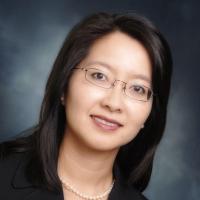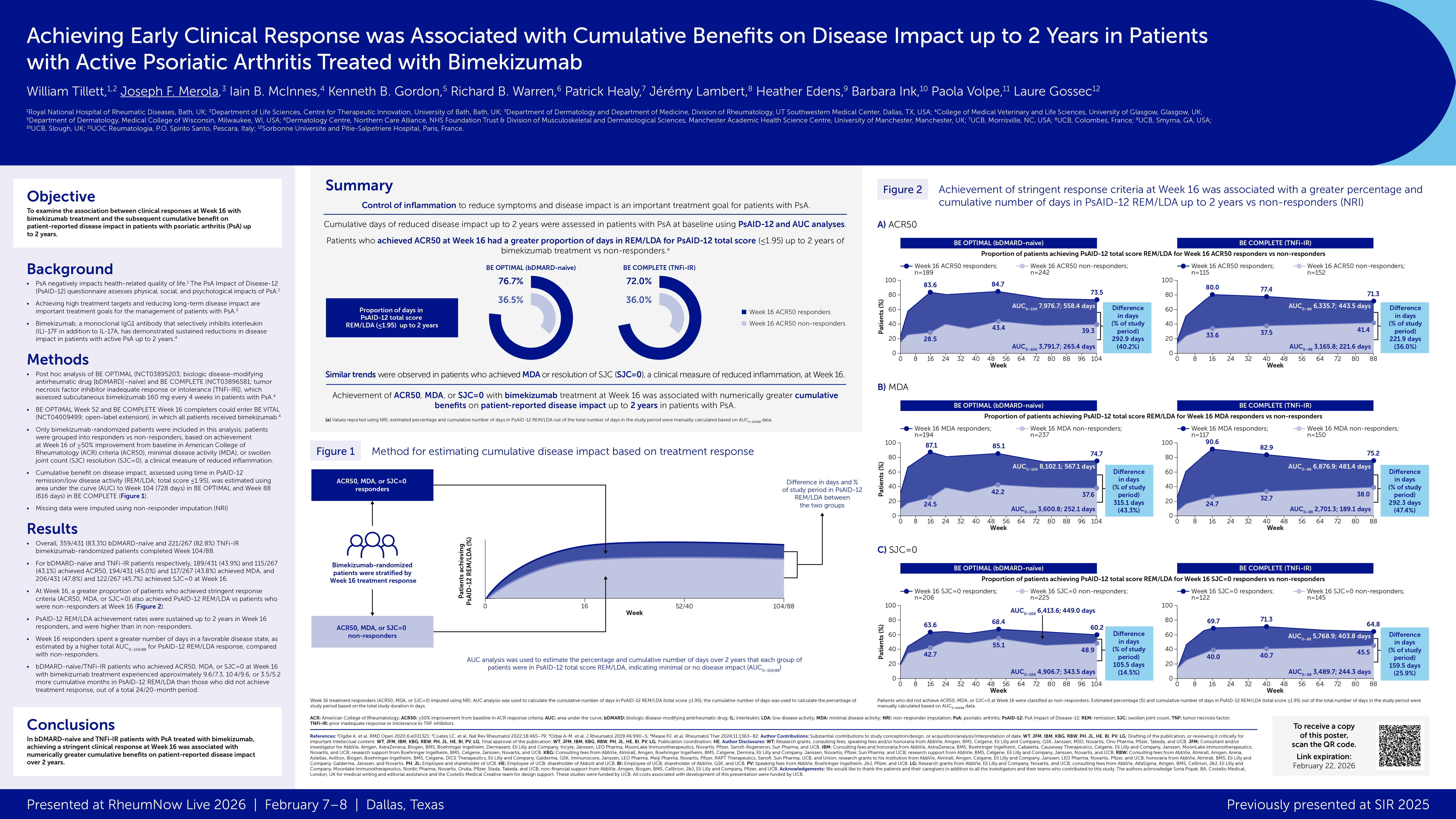Karoshi - {Japanese 過労死: Death by Being Overworked} Save

Over the last few decades, Japanese workers were collapsing dead at their desks or committing suicide due to the high stress stemming from their jobs; Japan coined this phenomenon, “Karoshi.” In 2021, the World Health Organization and International Labour Organization issued a warning: working 55+ hours a week is a serious health hazard and increases the risk for death from heart disease and stroke (1). Yet, most of us in healthcare often exceed those work hours without complaint; according to Simon Sinek, author and optimist, “Working hard for something we love is called passion.”
But since the pandemic, I am seeing many colleagues working hard at the expense of their health, family life, mental and emotional well-being. I never thought I would be burned out because I had passion for my job. I enjoyed seeing patients and advocating for them; I took pride in solving complex cases. I affirmed rheumatologists are the happiest specialists; so how and why did this flip occur for me?
As a result of the pandemic, the entire healthcare system changed. Like other specialties, rheumatologic services were affected. Reductions in reimbursements, higher costs, and inflated demands mandated greater patient loads. To accommodate more patients, visits were shortened, work hours extended; this was compounded by a rise in prior authorization and denials by insurers with a shortage of staff to help. My colleagues and I were affected by these changes.
Despite a full patient load and meeting my targets, I was required to see more patients. With each visit, I was taking shortcuts to accommodate my new schedule; I referred patients to other specialists to address cardiovascular health, vaccinations, reproductive counseling, and osteoporosis monitoring that are considered good practices in rheumatologic care.
Many people not working in healthcare will be astonished by the amount of work done after the clinical visit. While doctors may spend 15-20 minutes with the patient, they spend three times as long after the visit to chart, review outside medical records and test results, contact other specialists, fight insurance denials, authorize refills, and fill out handicap, disability and FMLA forms. Yet, most of this time is uncompensated and under-appreciated.
As I saw more patients, I skipped lunch and brought more work home. Evenings and weekends were dedicated to charting and catching up from the week. Trying to incorporate teaching, research projects and conferences into my schedule became difficult. I stayed up late and woke up early to keep my head above water. The cycle repeated itself and seemed endless. I stopped exercising, attending my children’s sporting events, visiting my mother, and doing things I enjoyed. I ordered take-out to feed my family instead of cooking meals. My favorite pastime was reading, but I found reading to be a chore. Within a few months, I developed somatic issues: myalgias, insomnia, anxiety, irritability, and headaches. It took me awhile through introspection before discovering the root cause(s) of my symptoms was burnout related to a loss of autonomy, authority, respect, and purpose. I was slowly dying. If I did not make a change, karoshi would be a reality.
I sought help asking for more staff, greater autonomy to control my scheduled, but I was directed to the Wellness Office who recommended I meditate during lunch, talk to a counselor, get a massage, start exercising regularly. But, the true cause of my malady was not being addressed that was the heavy workload with limited support staff and the lack of authority to promote change. Dr. Rana Said, Professor of Pediatrics and Neurology at UT Southwestern Medical Center, summarized what I felt perfectly, “Burnout can manifest as depression [or anxiety] but the emphasis on physician “wellness” puts more pressure on the clinician to “fix” themselves than fix the problems that led to the stress. A prescription for Lexapro doesn’t fix burnout; fixing the systems that cause burnout fixes burnout.”
I decided to leave clinical practice and turned in my resignation without knowing what I was going to do next. The moment I resigned; I felt the cloud surrounding me dissipate. While trying to recover from burnout, I met several other rheumatologists confronting the same issue; strikingly many were women in rheumatology. I found out after I had resigned, Ligibel et al. had recently published a startling finding: one in three academic physicians had moderate or great intention to leave their institution in the next 2 years citing reasons of burnout, lack of personal fulfillment, and other personal or organizational factors (1). The critical shortage of rheumatologists predicted by 2030 may become reality sooner. Dr. Beth Jonas, in an interview by The Rheumatology Advisor, reframed burnout as a system out of balance, a mismatch between the demands of professional life and the capacity to meet those pressures over long periods of time; the provider is not the problem; she emphasized it is a systems issue (2).
While many rheumatologists want to provide excellent care in a timely manner, they struggle with how to do so for patients who have complex diseases with limited time and resources. It is particularly harder for women in medicine who bear the brunt of family care.
Stress takes its toll and giving up seems the only option. Leaving medical practice before retirement age is an urgent if not emergent trend that will topple the healthcare system. When doctors leave the system, the burden of work increases significantly for those who remain setting forth the domino effect. Dr. Nuha Said, Faculty Associate at UT Southwestern, asked pointedly, “How is the system that failed [those doctors who left] going to support the vulnerable doctors who have to stay [due to their circumstances]?” She is absolutely right; I am fortunate to have the ability to leave; there are doctors who do not have the same option as they are sole providers for their families or they may have restrictive covenants with their employers.
Change is slow to happen. Congress is planning to reduce the burden of prior authorizations, but will this be enough? The American College of Rheumatology has been looking for ways to increase the workforce, but this will take time and has been difficult because rheumatologists possess unique skill sets that take time to develop. Currently, fellowship positions for pediatric rheumatology are unfilled; will this be the future of adult rheumatology? There must be better incentives to attract medical students and residents to the field.
Academic centers and private practices should advocate for more change in healthcare delivery to support their providers. After conversations with many colleagues, several common themes emerged that may help keep clinicians in practice: increase reimbursements, reduce documentation burden, give providers more autonomy to delegate responsibilities to their supporting staff, improve scheduling flexibility, and invite clinicians most affected by policies to have a seat at the table. I am uncertain if I will return to practice, but I will still advocate for rheumatology and for patients affected by rheumatic diseases.
Authors note: I appreciate the input and the concerns of my colleagues. This is the first of a trilogy I am writing about my journey of self-discovery. For clinicians who are suffering or struggling with mental health issues, please seek help. There is a physician support line: 1 (888) 409-0141 https://www.physiciansupportline.com/)
- Ligibel JA, et al. Well-Being Parameters and Intention to Leave Current Institution Among Academic Physicians. JAMA Netw Open. 2023;6(12): e2347894. doi:10.1001/jamanetworkopen.2023.47894
- https://www.rheumatologyadvisor.com/podcasts/beth-jonas-md-interview-burnout-mental-health-rheumatologist-workforce/
Join The Discussion
This is 100% accurate. The system is broken & is driving out physicians. It’s evertone’s problem.
I’m so frustrated that our broken health care system, across the board, in every speciality, is leading to the loss of excellent clinicians. The system needs to be fixed. So many of us don’t WANT to leave clinical practice, but feel beaten down on. a daily basis. What happens when we all burn out? Scared for our patients and scared for our profession.
An opinion from the other side of the border, in Canada. This is one of the most urgent problems facing healthcare now, I see an endless number of notes letters from our professional groups, regulatory authorities and personal insurers, with no attempt to start dealing with the problems! In Canada it is the shortsighted who do not accept that Canada’s single payor system has failed and is broken and beyond the ability of any central government or province to repair. Shortages of personnel takes years to replace and there is I fear an imminent exit of many near retirement practitioners!! Personally my workload during and since Covid has increased dramatically with more patients and increased responsibility due to lack of primary care to help do just that, primary care!! Skyrocketing costs static incomes have made practice often cost ineffective, I do not believe the patients we treat are aware of how serious the problem is, they have very high expectations!! We are a fragmented profession we have been divided and ruled, it is up to us to deal with that - there is nothing I can think of in healthcare that we the profession, control. The future is bleak lest we deal with that reality.
I addition to the systemic shortcoming mentioned above, I see that fragmentation of medical care by specialists makes the patients feel confused as to the overall direction of the healthcare. I find myself in the situation having to explain clinical insights to the patients on issues that should have been communicated by the other physicians they see. Rather than focussing on specific inflammatory diseases we are competent to manage, patient are often sent to us with the vague idea that "something autoimmune" is the underlying cause of their multiple clinical symptoms. Rheumatology does at time lack the precision other internal medicine subspecialties such as Cardiology and Hematology have which creates additional impression of vagueness in clinical practice.











If you are a health practitioner, you may Login/Register to comment.
Due to the nature of these comment forums, only health practitioners are allowed to comment at this time.